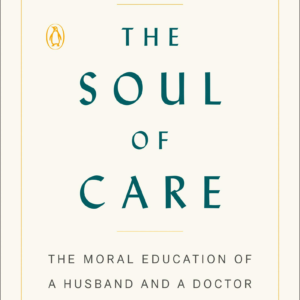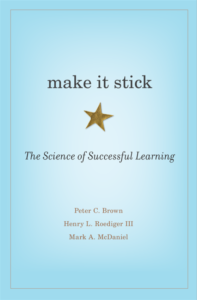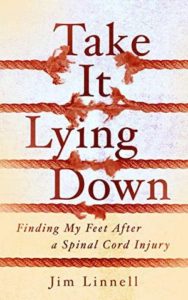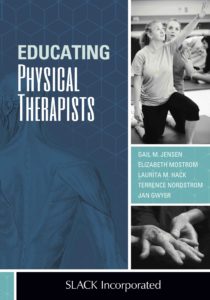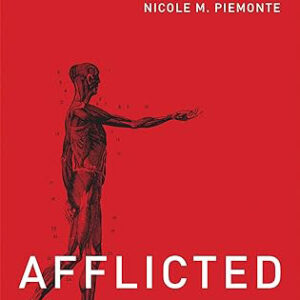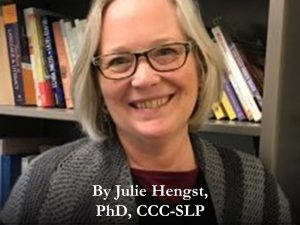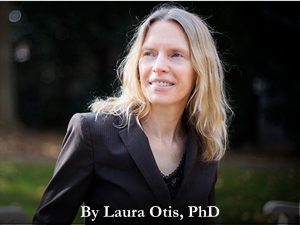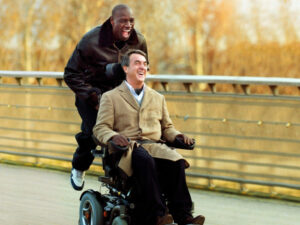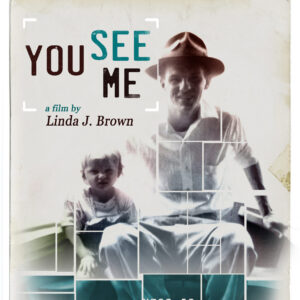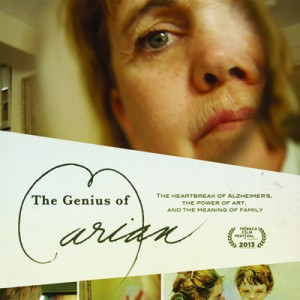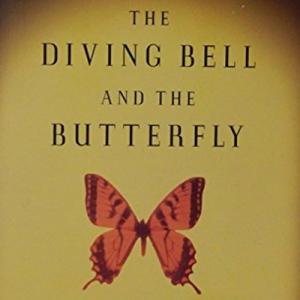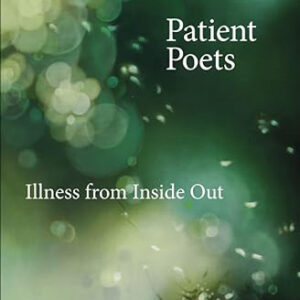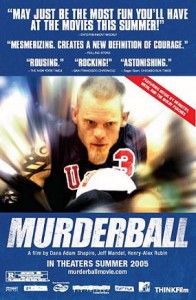
Learning From Experiences of Chronic Illness: A Book Review of The Room Sinatra Died In and Other Medically Adjacent Stories
In this book review, author Ted Meyers reflects on his own writing process and how it has impacted his perspective on his life and chronic illness. “Writing is my way of preserving … moments,” he notes. In her commentary that follows, Priyanka Bhakta highlights the role of the caregiver in family-centered care as presented in Meyers’ book: “The stories convey the unavoidable impact of health on one’s relationships…” Teaching Tools at the end of the article suggest two of Meyers’ stories for healthcare students, with Discussion Points.


